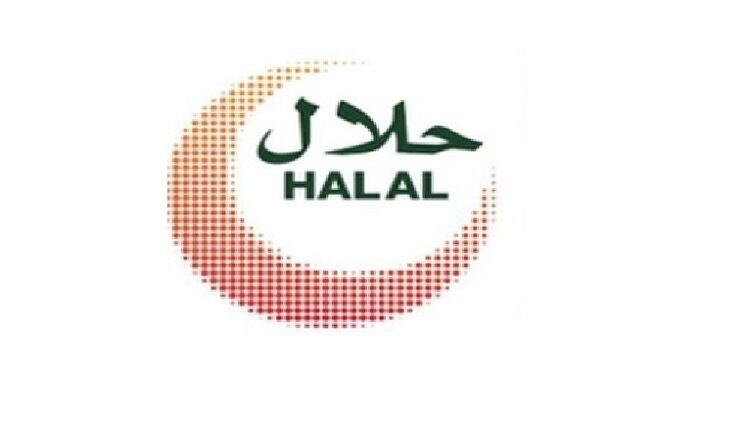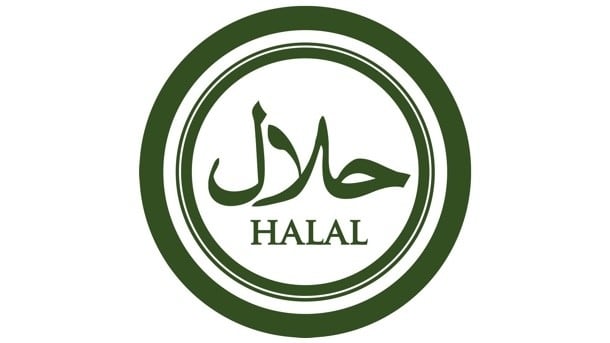At present, only meat, meat derivatives, and products containing meat derived ingredients need to be certified halal in the UAE.
All products that claim to be halal should bear the Halal National Mark, which was officially introduced by the Emirates Standardisation and Metrology Authority (ESMA) in 2015.
FoodNavigator-Asia recently spoke to Hassan Bayrakdar, the MD of UAE-based Raqam Consultancy to find out common mistakes that firms make when selling halal food into the UAE.
He said some importers had overlooked the requirements and bought in products that do not have the correct halal logo.
“For the majority of the distributors and importers, when they sell the imported goods, they do not necessarily have the technical expertise or are well-versed in regulatory updates. The lack of knowledge will cause imported goods to be rejected,” Bayrakdar said.
He added that there was also a lack of enforcement, as products with other halal logo were present in the market.
Another key problem was the wrong translation of terms, he added.
“Unfortunately, what we see is that they (manufacturers and distributors) make wrong translation, and this can be problematic.”
“Maybe the company is trying to cut cost, so they use google translation, or use non-professional interpreters, hence causing the wrong translation.”
He gave the example of an imported chewing gum that was banned by the authorities for containing “sugar with alcohol” which was in fact, a sugar compound which did not contain any alcohol.
Another similar case involved a batch of Milka Oreo chocolate bar three years ago.
The English words “chocolate liquor”, which is a term for cocoa paste, were wrongly translated into “alcoholic beverages” in Arabic.
The case prompted the Dubai authorities to conduct a probe, and products with the wrong translated labels were eventually cleared from the shelves to avoid confusion.
Food containing alcohol could be imported into the UAE, so long as the alcohol levels were lower than the limits set by the GSO standard, Bayrakdar said.
Third, engaging certification bodies that were not approved by the ESMA was another common mistake that firms make, he said.
“Only accredited halal certification companies can issue the halal certificate for products imported to the UAE.”
For foreign firms selling halal food in the UAE, he advised them to be updated of regulatory changes, as this was crucial to support sustainable business growth.
“If the products are not in compliant, the products will be rejected. This means that the products will be returned to the country of origin or will be destroyed."
“We advise exporters to contact consulates, people who have relationship in the UAE to guide them on what they should do. This is how their business can maintain sustainable and profitable.”
Regulatory harmonisation
The differences between different schools of thoughts would need to be addressed before harmonisation of halal regulations could take place, Bayrakdar opined.
“For instance, there can be different practices in the animal slaughtering process. For some, stunning the animal before slaughtering it is needed, while others do not allow stunning to take place.”
There are also different approaches to the use of certain colouring.
An example is the use of “E120”, which is a red food colouring which originated from the body and eggs of dried female cochineal insects.
The UAE is one of the key countries that is leading efforts towards harmonisation of halal regulation.
During its recent visit to Singapore in December, the ESMA promoted the use of the Halal National Mark to the country.
The visit, organised by the UAE-Singapore Business Council, is targeted to the Singaporean officials and businessmen.
During the meeting, Abdullah Al Maeeni, the Director-General of ESMA, said that the promotion of the UAE's halal system globally would enhance opportunities for cooperation and economic partnership between the UAE and the rest of the world.
In July last year, the ESMA also signed a MoU with Indonesia’s National Standardisation Agency and National Accreditation Committee (KAN) to officially recognise halal certificates issued by KAN.





